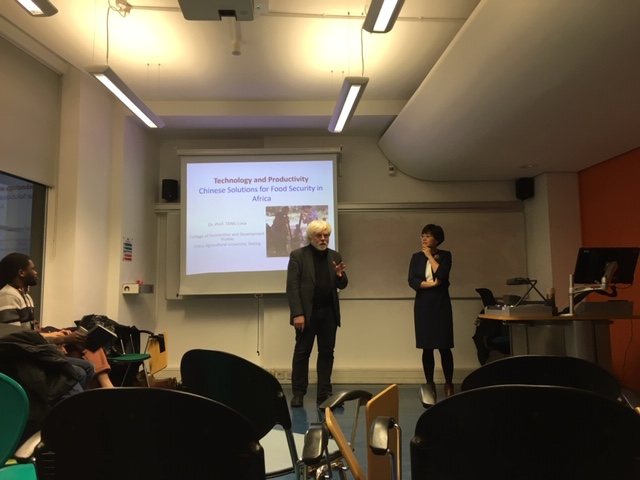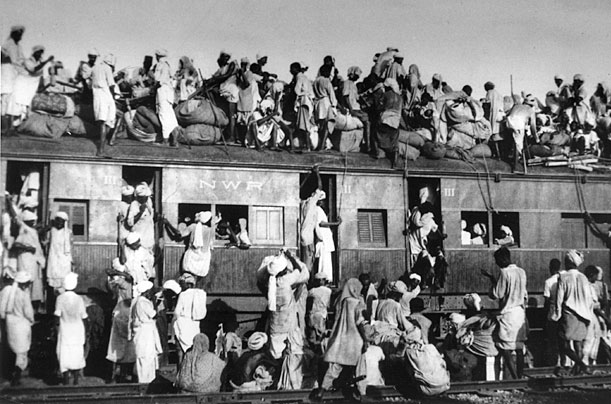Professor Duncan Green tells us what he has learnt from students in the first year of teaching Advocacy, Campaigning and Grassroots Activism.
I spent a week last month marking student assignments. Sounds boring, right? Well it was brain-drainingly hard work, but it was also enthralling. Usually I just give lectures or write stuff, and the level of feedback is pretty cursory. In contrast, marking the assignments for a course you have taught provides a unique peek inside students’ heads – you find out what students have learned or added, but also where you messed up and left them unclear or mistaken.
This was the first year of the course, a one term LSE Masters module on Advocacy, Campaigning and Grassroots Activism. I’ve blogged beforeabout the pleasures of teaching 33 bright sparks from around the world (only one Brit), many with relevant experience in NGOs, aid sector, journalism etc. They had two marked assignments – groups selected past episodes of change for analysis (guidelines here: DV 445 Guide to Analysing Past Stories of Change); individuals had to develop a proposal for a campaign/influencing exercise they would like to carry out (guidelines here: DV 445 How to Design an Influencing Strategy Jan 2018). Plus blogs of course.
So what happened? I was expecting a fairly predictable set of historical case studies (Berlin Wall, fall of Apartheid, Brexit), but actually got a much more interesting collection, including why Martinique voted to remain part of France when everywhere else was decolonizing, and the legalization of Birth Control in the US. Things that really worked included
- Asking students to construct a timeline of the episode, which seemed to get people thinking more broadly about sequences of interacting factors.
- Ditto a stakeholder mapping, preferably on a 2×2 of support/opposition v level of influence
- A good grasp of different facets of power – the most popular frameworks were Lukes (visible, hidden and invisible) and Rowlands (power within, with, to and over)
- Highlighting the interaction between processes and events (‘critical junctures’)
Gaps? Slower, contextual change, eg demographic, or economic (changing labour markets) often gets squeezed out by a focus on actors and events. Some groups jumped straight to their preferred explanation for a given event, and failed to consider alternatives (did Ellen Johnson Sirleaf really win in Liberia because of the country’s women’s movement, or were other factors as or more important?)
The individual campaign proposals were mind-blowingly varied – everything from changing public attitudes towards human rights in the Philippines, to removing the tampon tax in Rwanda, banning plastic bags in Austria and introducing climate insurance in Sudan. Gender equality, health and environmental issues were the most popular topics.
Here again, students made excellent use of stakeholder mapping and context analysis as a basis for their proposed change projects. A number identified windows of opportunity/critical junctures for change (eg electoral timetables), rather than just setting out ‘here is what we are going to do’. Good recognition of the importance of individual champions. Everyone loved league tables.
Lots of engagement with the more subtle challenges of changing norms, rather than just ‘change that law/ban that practice’. Connected to that, some students recognized the importance of
religion and faith in shaping norms and practices, while others followed standard aid business practice and ignored them completely!
A couple of factors emerged that I will have to add for next year: the importance of precedents – historical or contemporary – in proving that a given change is possible; a couple of students went back to analyse why previous campaigns they were involved with had failed, and what they should have done differently.
But the common failings were also instructive (especially as I design an expanded course for next year):
- Ignoring the opposition: several stakeholder mappings just covered potential allies, without considering the opposition, and whether it was sufficiently strong to constitute a priority target for an influencing campaign. Going to have to think more about weakening/bypassing/winning over the bad guys.
- Power: Some people combined power analysis and stakeholder mapping, but the proposals that considered them separately were a lot more interesting; several people struggled with the distinction between hidden and invisible power (it took me years of tuition by Jo Rowlands to really grasp the distinction).
- Sense of humour bypass: not many of them showed a sense of mischief/fun – will have to do a bit more on Popovic and the use of humour in campaigning!
- The state: people still tend to see the state as a monolith, usually a hostile one. Need to get them thinking more about the state as a complex system – cooperation and competition between tiers of government, ministries, or between civil servants, politicians, judges and MPs – and how those can be incorporated in a campaign.
- Perhaps connected to that last point, there was still an occasional tendency to default to a purely outsider strategy (especially social media), rather than think through the possibilities of incorporating some insider influencing.
All in all, a fascinating experience. Already looking forward to next year!
Dr Duncan Green is Senior Strategic Adviser at Oxfam GB, Professor in Practice in International Development at the LSE. His daily development blog can be found on fp2p.
This article was first posted on fp2p.
The views expressed in this post are those of the author and in no way reflect those of the International Development LSE blog or the London School of Economics and Political Science.





